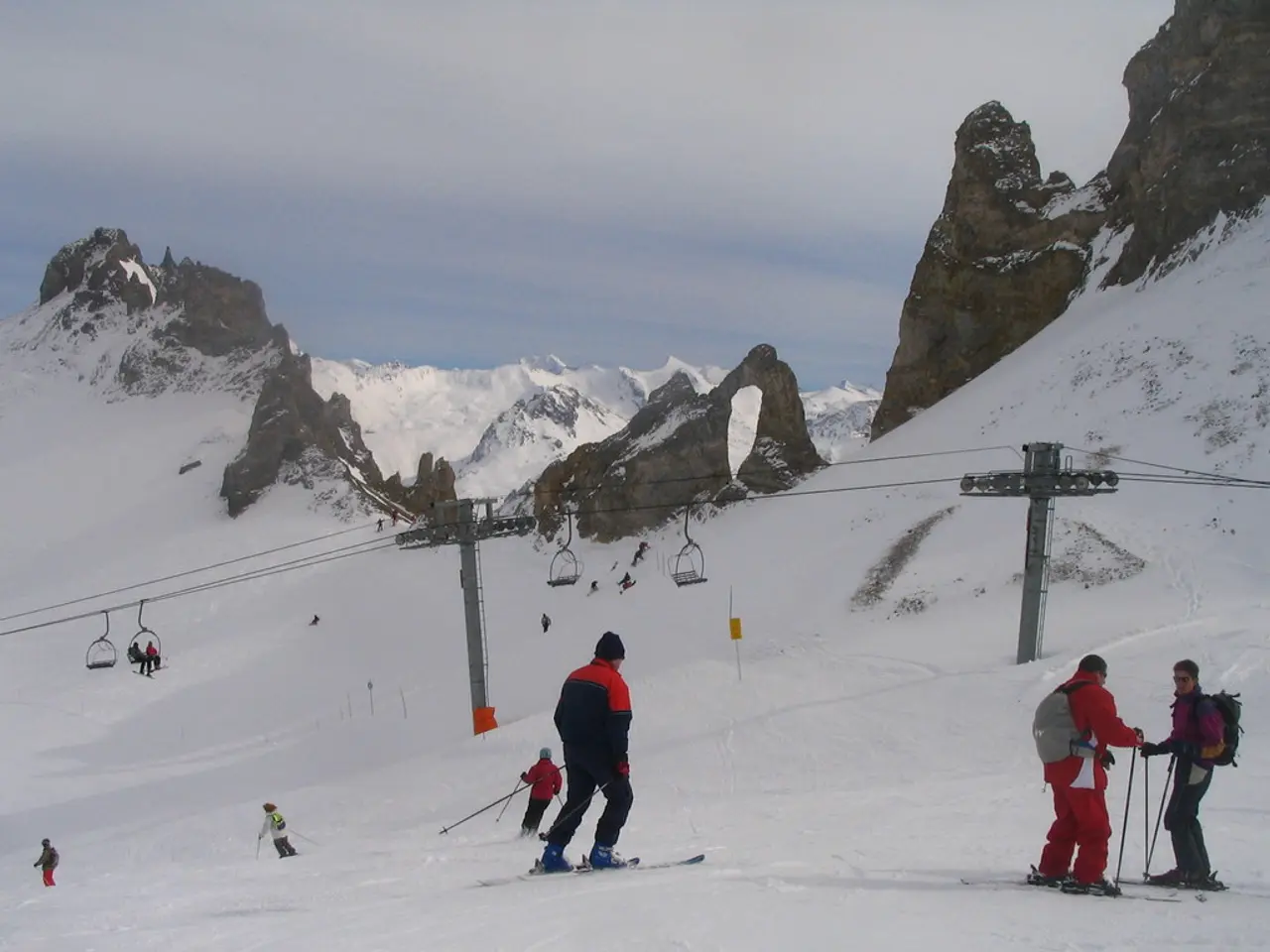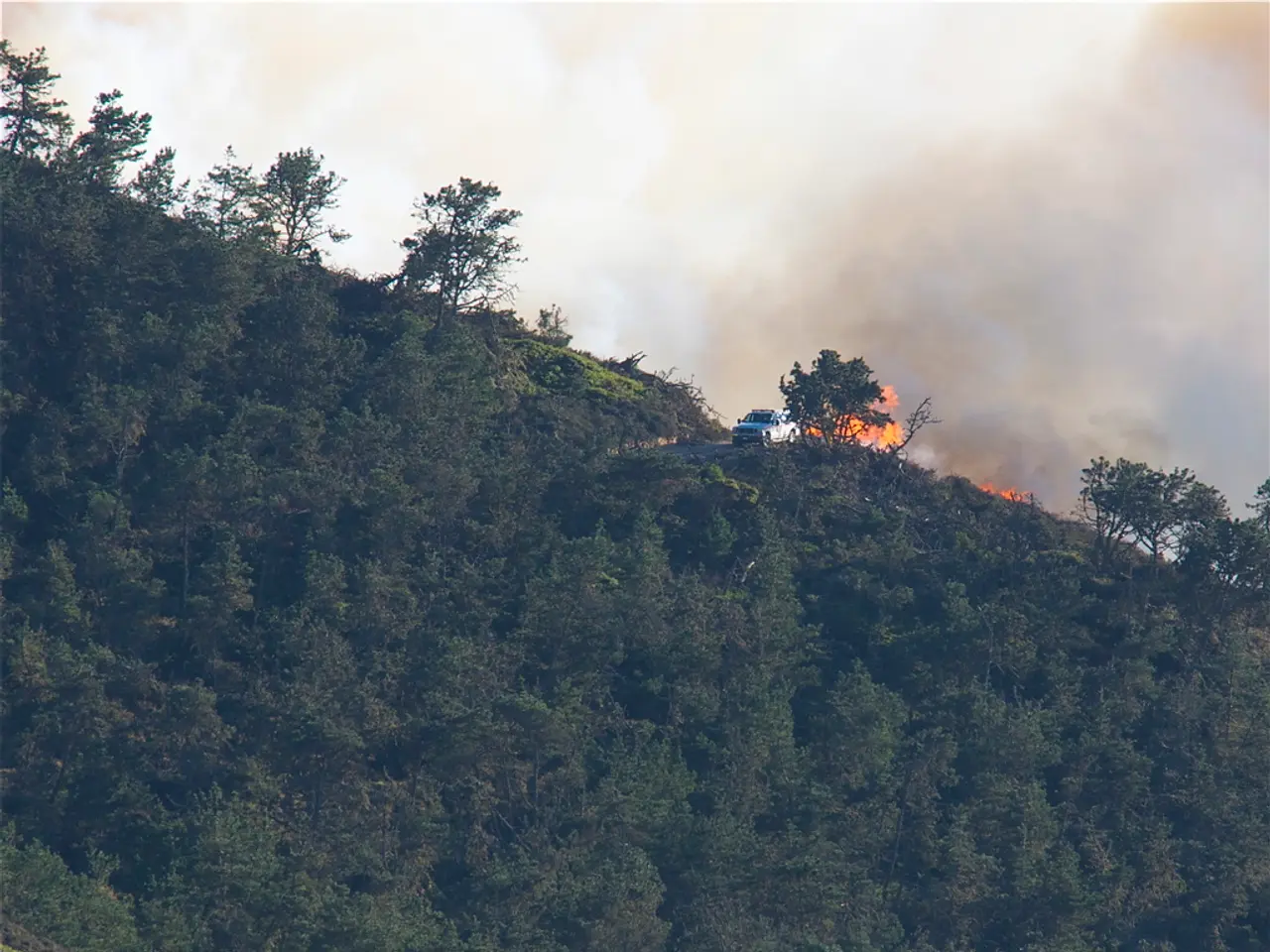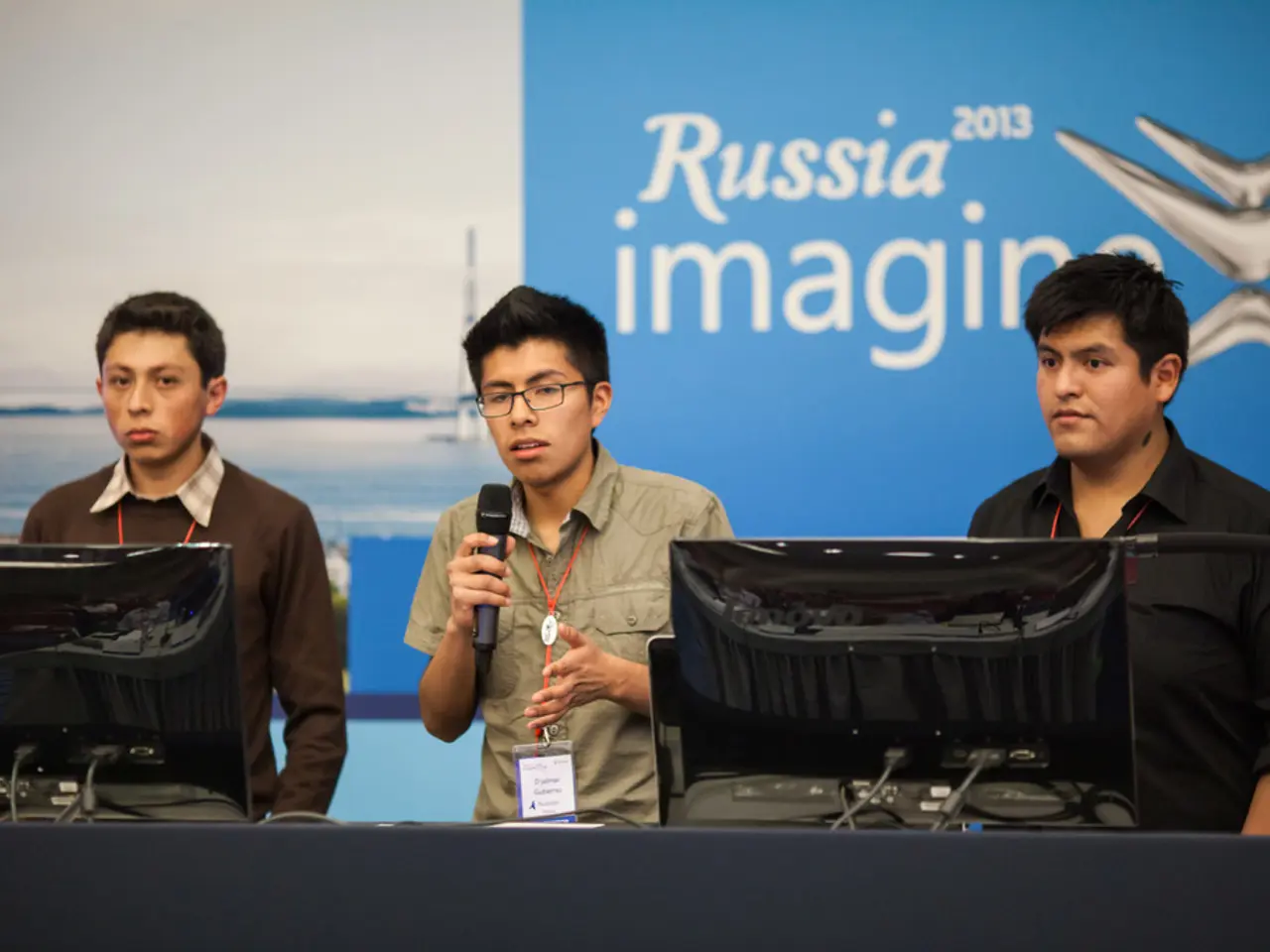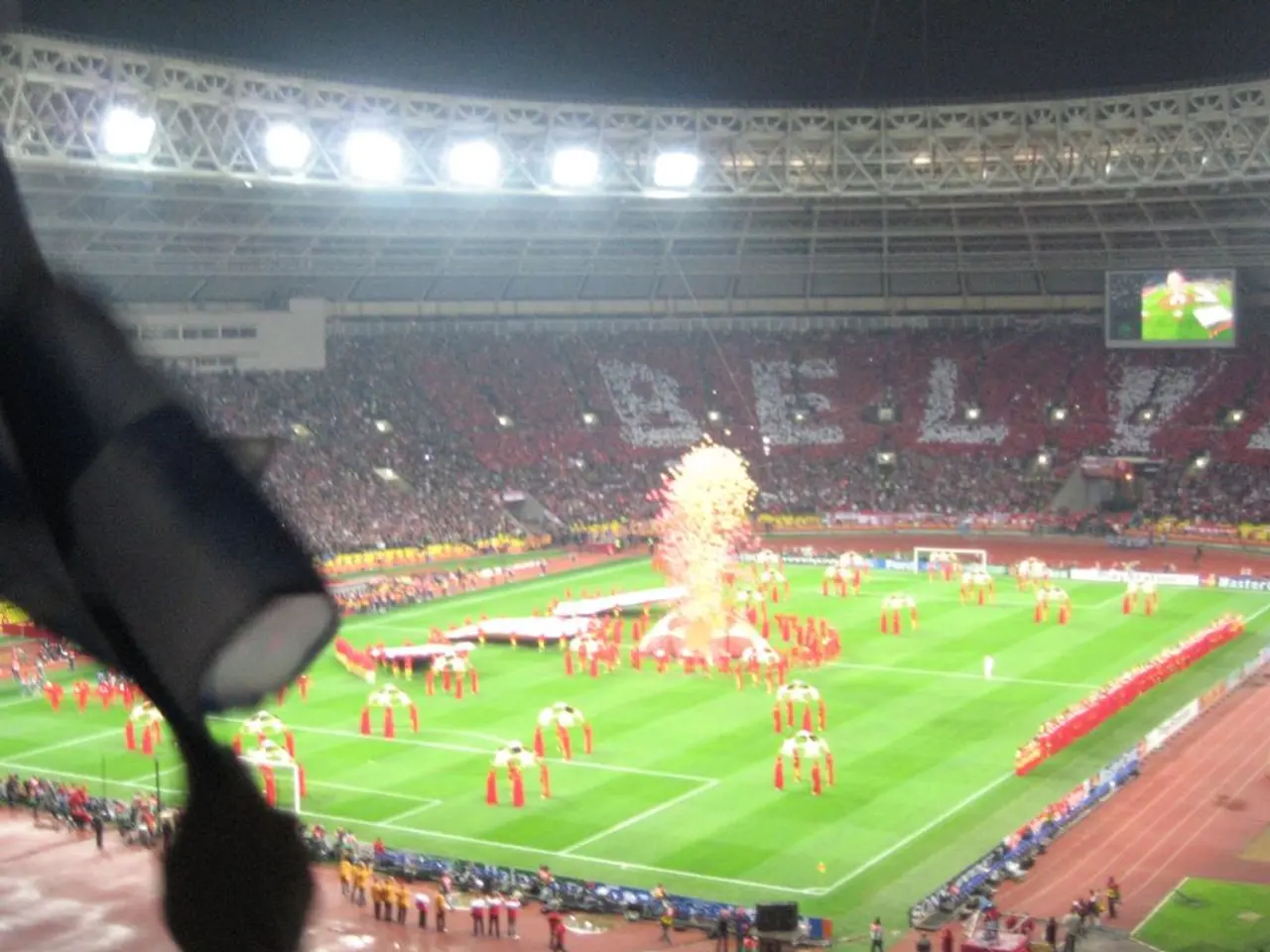Travelers seeking refreshing vacations in Norway and Sweden encounter scorching heatwaves instead
Nordic Countries Experience Unprecedented Heatwave in Summer 2021
Last summer, the Nordic region witnessed an unprecedented heatwave, with temperatures soaring above normal levels for prolonged periods. Finland, in particular, experienced a heatwave of over 22 days with temperatures over 30°C, the longest such heatwave since records began in 1961[1][2][3].
Temperatures in Rovaniemi, Finland, reached above 30°C last week, a rare occurrence for the city located just below the Arctic Circle[1]. Similarly, Norway saw temperatures of 34°C in some regions, significantly above the normal summer averages[2][3]. Iceland also experienced temperatures close to 28°C, far above its usual summer temperatures[1].
This rise in temperatures significantly impacted tourism in the Nordic region. The extreme heatwave led to increased domestic and international tourist interest in certain areas like Northern Norway, where visitors sought refuge from the broader European heatwave due to generally cooler conditions normally expected there[3]. However, it also put stress on fragile Arctic ecosystems, such as glaciers in Iceland, which are vulnerable to rapid warming, potentially affecting nature-based tourism[1].
Challenges for infrastructure and services were also evident, with water and electricity shortages and health risks reported in some regions[4]. These issues could affect the tourist experience negatively. Moreover, changes in visitor behavior and seasonality were observed as tourists adjusted plans due to heat stress or took advantage of the rare warm conditions, which could offer short-term boosts but also stress sustainability in sensitive natural areas[3].
Scientists attribute these heatwaves to global warming, with Ketil Isaksen, a climate researcher with the Norwegian Meteorological Institute, stating that the heatwave in July 2021 was unusual and becoming more likely with climate change[1]. Sverker Hellström, a meteorologist at SMHI, echoed this sentiment, stating that the frequency of such weather events has increased and may continue to rise in the future[2].
However, a detailed study would be necessary to assess the role of climate change in the July 2021 heatwave in northern Sweden[2]. Hannele Korhonen, a research professor at the Finnish Meteorological Institute, stated that as climate change drives up global temperatures, heatwaves are becoming hotter and are exceeding the heatwave threshold more often[1].
Tourism in Nordic countries has been increasing due to the trend of "coolcations," with many seeking out the region's cooler climates during the summer months[1]. However, recurring heatwaves like the one experienced in 2021 highlight the urgent need for climate adaptation strategies in Nordic tourism to balance economic benefits with environmental protection and public health.
References:
[1] BBC News. (2021, August 17). Finland's heatwave: 'Unprecedented' temperatures hit Arctic Circle. https://www.bbc.com/news/world-europe-58039218
[2] The Guardian. (2021, July 28). Nordic heatwave breaks records as Europe bakes amid climate crisis. https://www.theguardian.com/environment/2021/jul/28/nordic-heatwave-breaks-records-as-europe-bakes-amid-climate-crisis
[3] The Local. (2021, August 2). Finland's record-breaking heatwave: What you need to know. https://www.thelocal.se/20210802/finlands-record-breaking-heatwave-what-you-need-to-know
[4] The Independent. (2021, July 27). Finland's heatwave: what is happening and why is it so hot? https://www.independent.co.uk/climate-change/news/finland-heatwave-climate-change-b1921112.html
[5] The Washington Post. (2021, July 26). Finland's heatwave is a reminder that climate change is happening faster than scientists predicted. https://www.washingtonpost.com/climate-environment/2021/07/26/finlands-heatwave-climate-change-reminder/
The unprecedented heatwave in the Nordic region last summer can be attributed to global warming, as scientists from various institutions affirm. Since the heatwave, there has been a growing concern for the need of climate adaptation strategies in environmental science and weather-forecasting, as recurring heatwaves like the one in 2021 may negatively impact the Nordic environment and public health, despite potential short-term boosts to tourism.








